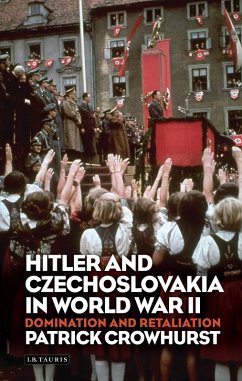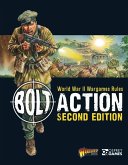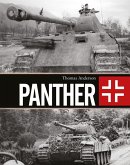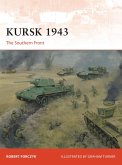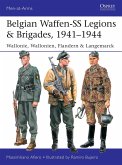The invasion of Czechoslovakia by Nazi Germany in March 1939 helped to precipitate Europe's descent into World War II sis months later. The move, supposedly to protect the Sudeten Germans, shocked many in Europe, who saw it as a clear statement of intent by Hitler. Here, Patrick Crowhurst argues that occupation of the Sudetenland and the Czech lands was also crucial to the Nazi war machine. The armaments, factories and raw materials that Hitler seized accelerated Germany's capabilities; Czech tanks would prove crucial in the Ardennes and, as the Wehrmacht fought at Stalingrad, Armaments Minister Albert Speer was corralling Czech industrial machinery to produce engines, aircraft and equipment in support. In addition, new Slovakian and Czech primary material are used to give a new in-depth account of the German reaction to the assassination of Reinhardt Heydrich on the streets of Prague in June 1942. The recriminations were brutal, and dovetailed with Hitler's plans for the genocide of Czech Jewry. This is a new side of the History of Nazi Europe, and argues for the centrality of the Czech occupation in the overall narrative of World War II.

